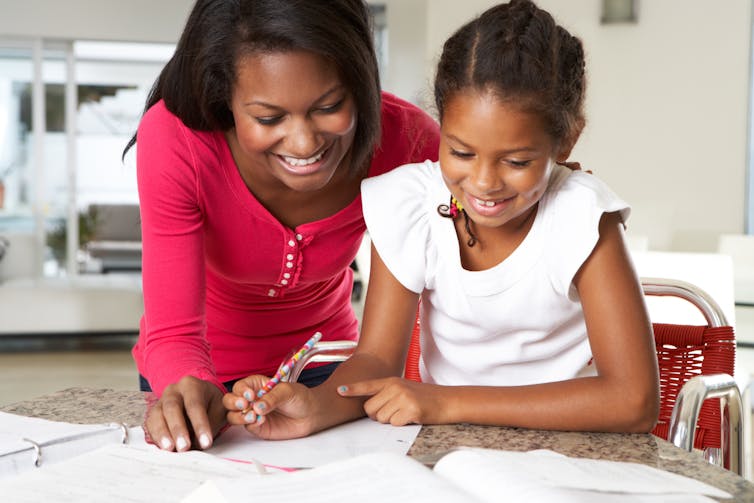Dyscalculia: how to support your child if they have mathematical learning difficulties
By Blog Editor, IOE Digital, on 6 December 2022
Jo Van Herwegen, Elisabeth Herbert and Laura Outhwaite.
A good grasp of maths has been linked to greater success in employment and better health. But a large proportion of us – up to 22% – have mathematical learning difficulties. What’s more, around 6% of children in primary schools may have dyscalculia, a mathematical learning disability.

Pexels / Pixabay
Developmental dyscalculia is a persistent difficulty in understanding numbers which can affect anyone, regardless of age or ability.
If 6% of children have dyscalculia, that would mean one or two children in each primary school class of 30 – about as many children as have been estimated to have dyslexia. But dyscalculia is less well known, by both the general public and teachers. It is also less well researched in comparison to other learning difficulties.
Children with dyscalculia may struggle to learn foundational mathematical skills and concepts, such as simple counting, (more…)
 Close
Close








